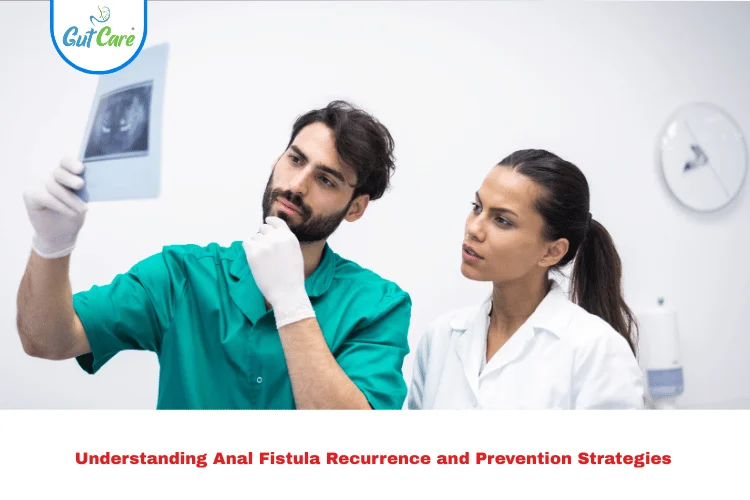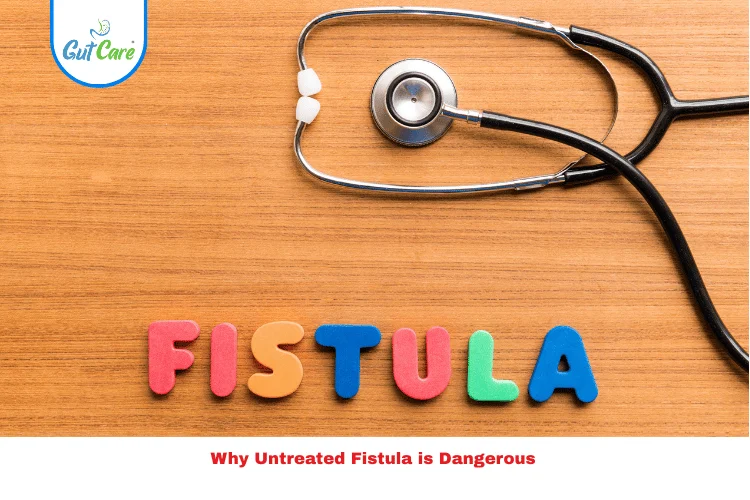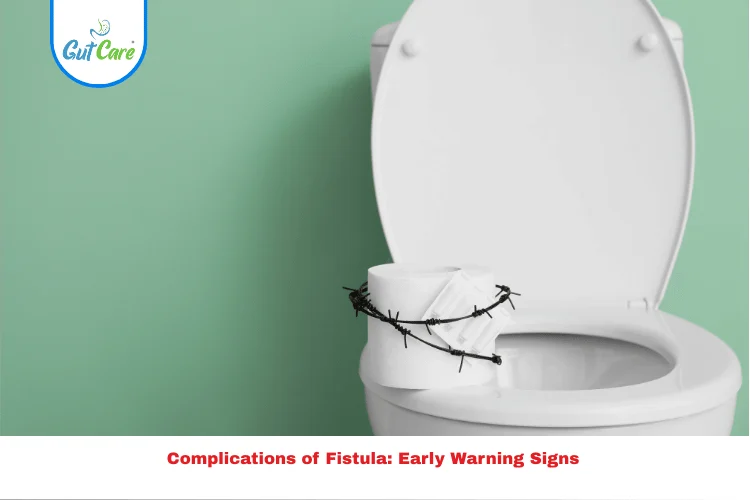Anal pain is not an easy subject to bring up in conversation, but if you’ve ever experienced it, you know how uncomfortable it can be. From mild irritation to sharp, stabbing pain, the reasons can vary widely. Understanding the most common anal pain reasons can help you take the right steps toward relief.
At Gutcare Clinics in Bangalore, specialists like Dr. Yuvrajsingh Gehlot see many patients struggling with these issues every week. The good news? Most causes of anal pain are treatable once they’re identified.
Why Does Anal Pain Happen?
There isn’t just one explanation. Some people experience pain after straining during bowel movements, while others develop discomfort because of infections, inflammation, or even lifestyle habits like sitting for long hours. Knowing the possible causes gives you clarity—and helps you decide when it’s time to see a doctor.
The Most Common Anal Pain Reasons
1. Hemorrhoids
Hemorrhoids are probably the condition most people think of when they hear about anal pain. These are swollen blood vessels in or around the anus.
- What it feels like: itching, burning, swelling, sometimes bleeding after passing stool
- Why it happens: constipation, pregnancy, or sitting for too long
- How it’s treated: high-fiber diet, plenty of fluids, creams, and in advanced cases, procedures or surgery
2. Anal Fissures
An anal fissure is a small tear in the lining of the anus. It sounds minor, but the pain can be surprisingly intense.
- What it feels like: sharp pain during and after bowel movements, often with bright red blood on the tissue
- Why it happens: passing hard stools, chronic diarrhea, or trauma
- Treatment options: stool softeners, sitz baths, pain-relieving ointments, and in stubborn cases, surgery
3. Anal Abscesses and Fistulas
These are infections that lead to pus-filled swellings (abscesses). If untreated, they may form a tunnel, or fistula, between the anus and skin.
- What it feels like: throbbing pain, swelling, fever, pus discharge
- Why it happens: bacterial infection of small anal glands
- Treatment options: surgical drainage and antibiotics; fistulas may need further surgery
4. Proctitis
Proctitis is inflammation of the rectal lining. It can result from infections, inflammatory bowel disease, or even radiation therapy for cancer.
- What it feels like: bleeding, urgency to pass stool, and constant discomfort
- Treatment options: depends on the cause—may include antibiotics, anti-inflammatories, or dietary changes
5. Pilonidal Sinus
Though technically just above the anal area, pilonidal sinus often causes pain that radiates toward the anus.
- What it feels like: pain while sitting, swelling, or discharge
- Why it happens: ingrown hairs and infections in the crease near the buttocks
- Treatment options: drainage or surgical removal in recurring cases
6. Anal Cancer (Less Common, but Serious)
This is a rare but important cause to mention. Persistent pain, bleeding, or a lump around the anus should never be ignored.
- What it feels like: persistent pain, unusual growths, bleeding
- Treatment options: depends on stage—surgery, radiation, or chemotherapy
When to See a Specialist
Mild pain that lasts a day or two usually improves with home remedies. But if you notice bleeding, swelling, fever, or pain that won’t go away, it’s time to seek medical advice.
At Gutcare Clinics in Bangalore, Dr. Yuvrajsingh Gehlot specializes in treating conditions like hemorrhoids, fissures, fistulas, and other anorectal disorders. A professional evaluation ensures that you get the right diagnosis and timely treatment.
Simple Remedies That Can Help
For minor cases, here are steps you can try at home:
- Add fiber-rich foods like fruits, vegetables, and whole grains
- Drink at least 2–3 liters of water daily
- Take warm sitz baths to relax the anal muscles
- Use mild over-the-counter ointments for temporary relief
- Avoid straining during bowel movements
These tips may ease discomfort but remember—they don’t replace medical treatment if the underlying problem is serious.
Key Takeaway
Anal pain is a symptom, not a condition by itself. By learning about the common anal pain reasons, you can make informed decisions about your health. While simple remedies work for mild cases, ongoing or severe pain needs medical attention.
If you’ve been struggling with anal discomfort, don’t ignore it. Reach out to a trusted specialist like Dr. Yuvrajsingh Gehlot at Gutcare Clinics in Bangalore for a clear diagnosis and lasting relief.
FAQs About Anal Pain Reasons
1. What are the main anal pain reasons I should know about?
Hemorrhoids, anal fissures, abscesses, proctitis, pilonidal sinus, and in rare cases, anal cancer are the most common causes.
2. Can home remedies cure anal pain completely?
They can relieve mild symptoms, but they won’t fix serious issues like abscesses or fissures. Persistent pain should always be checked by a doctor.
3. When should I worry about anal pain?
If the pain lasts more than a few days, is very severe, or comes with bleeding, fever, or swelling, it’s important to see a specialist.
4. Who is the best doctor for anal pain in Bangalore?
Dr. Yuvrajsingh Gehlot at Gutcare Clinics, Bangalore, is highly experienced in treating anal and rectal disorders with both non-surgical and surgical options.
5. Are hemorrhoids the only cause of anal pain?
No. Hemorrhoids are common, but many other conditions—including fissures, abscesses, and infections—can also cause pain.




